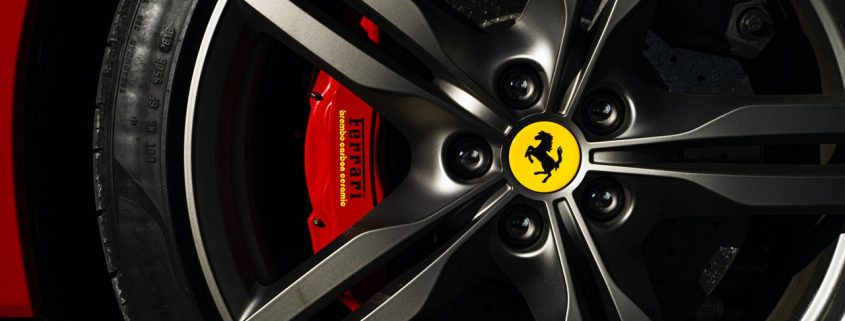Everything Drivers Should Know About Brakes
 The brakes are one of the most important parts of your car. They’re what keep you safe on the road and allow you to stop at a moments notice. But, there’s more to know about them than just how they work! In this post, we’ll take a look at seven things every driver should know about their brakes.
The brakes are one of the most important parts of your car. They’re what keep you safe on the road and allow you to stop at a moments notice. But, there’s more to know about them than just how they work! In this post, we’ll take a look at seven things every driver should know about their brakes.
The Basics of Your Car’s Brakes
Most drivers know the basics of how their car’s brakes work. When you press down on the brake pedal, it sends a signal to the brake pads, which then clamp onto the rotors to stop the car.
But here’s how your car’s brakes work in more detail. The brake pedal is connected to the brake master cylinder, which contains hydraulic fluid. When you press down on the brake pedal, it sends a signal to the brake master cylinder, which then pushes fluid through Brake Lines to the calipers at each wheel. The calipers contain pistons that push the brake pads against the rotors, causing them to stop spinning.
What is the difference between Disc Brakes, Drum Brakes and Anti-Lock Brakes?
Disc brakes are the most common type of brake system on cars today. They work by using brake pads to clamp onto a disc-shaped rotor attached to the wheel. This creates friction and stops the car.
Drum brakes are less common, but they’re still used in some vehicles. They work by using brake shoes to press against the inside of a drum-shaped rotor attached to the wheel. This also creates friction and stops the car.
Anti-lock brakes (ABS) are a type of braking system that prevents your wheels from locking up when you apply the brakes. When your wheels lock up, you lose control of the car and it becomes very difficult to stop.
How to Maintain Your Car’s Braking System
It’s important to keep your car’s braking system in good condition. Here are a few tips:
– Make sure that you keep your brake pads and discs in good condition. You can do this by regularly cleaning them with a brake cleaner and using new brake pads when they start to wear down.
– Keep an eye on your brake fluid levels and top them up if necessary. Low levels of brake fluid can cause the brakes to not work as well.
– Have your car’s brakes inspected every year by a professional mechanic to make sure they’re working properly.
The Cost of Braking System Repairs
Brake system repairs can be expensive because they’re not a part of regular maintenance. Here’s what you need to know about the different types of brake problems and how much they cost:
If your brakes are making strange noises or shuddering when you apply them, it might mean that there is a problem with your brake pads or discs. Replacing these parts costs between $60-$110 for both sides.
For an additional fee, mechanics will also inspect other components in your braking system while doing this repair.
You may also have to replace some hardware like bolts and calipers, which add another few hundred dollars onto the price tag depending on what needs replacing. This all depends though so get a quote from your mechanic.
Replacing the brake master cylinder costs between $100-$200 including labour, but you don’t need to replace it if there are no issues with it.
If your anti-lock braking system is not working properly or has failed completely, this will cost around $700 for parts and labour depending on what needs replacing. This all depends though so get a quote from your mechanic.
You may also have to flush the hydraulic fluid in your car’s brakes which costs about $30 per wheel plus labour, although most mechanics do this as part of other services like an oil change or top up. Again, get a quote first!




